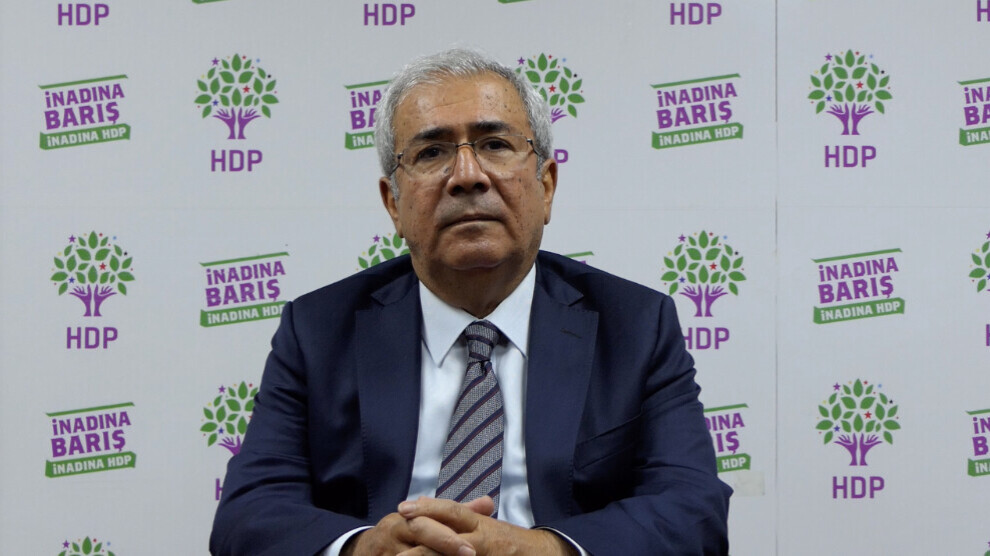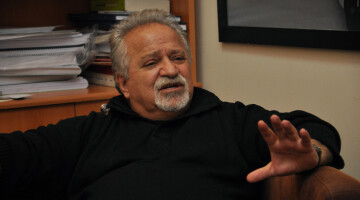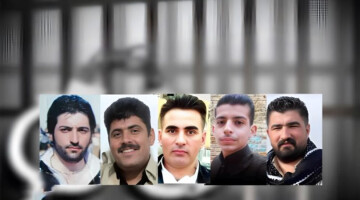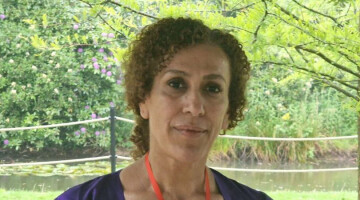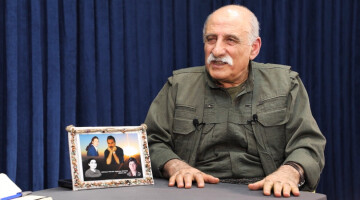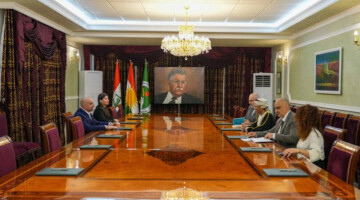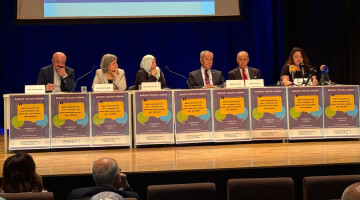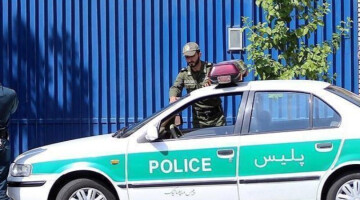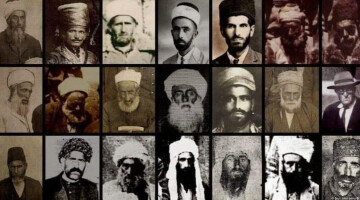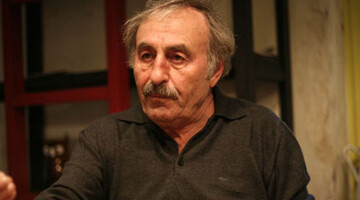Peoples' Democratic Party (HDP) Amed MP Imam Taşçıer, who wanted to make his speech in Kurdish at the parliamentary budget negotiations, was blocked by CHP Group Deputy Chairman Haydar Akar. Taşçıer spoke to ANF about the incident.
Pointing out that the assimilation policy towards the Kurds has been systematically maintained since the establishment of the Republic, Taşçıer said, "The fascist constitution of 12 September 1982 has been changed 19 times. Despite being a patchwork, there has been no change in the Kurdish language, the status of the Kurds, the rights and freedoms of the Kurds. The Kurdish language is officially banned in Article 42 while Article 3 of the Constitution states that everyone living in Turkey is Turkish.”
Taşçıer added: “I wanted to speak my own language, Kurdish. I know that it is forbidden in this constitution, but if you do not resist and fight against the prohibitions, these prohibitions will not be lifted. The important thing for me is to lift those bans. That's why I wanted to express my opinion in the budget debate in Kurdish. I said there is nothing in the budget for the Kurds, and the only reason is that Kurdish identity and culture are not recognized. Since it is not under a legal and constitutional guarantee, the budget is not created in this way. They cut me off because I tried to express this."
Kurds should be given a status
Underlining that the Kurds will voice their demand for language and status on every platform, Taşçıer continued: “If we do not express our opinions about the banning of the Kurdish identity and language in the Constitution, the bans will not be lifted. The CHP Group Deputy Chairman could have acted in a different way. This showed the CHP's view of the Kurdish language and its rights and freedoms. From the most backward countries in the world to the most advanced countries, there is no such practice in countries where there is more than one language. It didn't happen under Saddam, not under Assad. Even the most dictatorial countries do not have such intolerance. After the Republic of Turkey was established, it wanted to assimilate and Turkify the different masses within it.”
The MP added: “Here they tried to create this nation-state. But they could not assimilate the Kurds. For centuries, executions, prisons, killings, and Eastern Islahat courts could not be dealt with. There's no point in still insisting on it. That's why we will express the status and language demands of the Kurds on every platform."
Stating that the appointment of trustees to the municipalities in Kurdistan explains the state's point of view towards the Kurds, Taşçıer said: “If a mayor in the West of the country is sentenced for any crime, one of the council members is appointed instead. But this does not happen in Kurdistan."
Languages are not a reason for division among people
Stating that the mother tongue is the proof of the identity and existence of a nation and a people at the same time, Taşçıer said that every language should be used and protected. “This is how we reflect the culture we have inherited from the past, from our ancestors and our mothers. I am a teacher and I have taught Turkish. But I can't speak Turkish as well as I can speak Kurdish. Because that memory is formed in people's brains. The prohibition of language is something unthinkable. Words and languages are not a cause of fragmentation or division. There are dozens of official languages in many countries of the world. When we defend our language, culture and identity, it is as if we will tear this country apart.”
The MP continued: “If there are many nationalities and languages in Turkey, we want their spoken language to be respected. 30 million people do not understand what is being said in the parliament. When this language is prevented from being used under the roof of the parliament, it also affects all institutions. It is necessary to get out of the nation-state structure. The Kurds need to be given a status now. As long as the Kurds do not govern themselves on their own land, they will be subjected to such practices. The AKP has been in power for more than 20 years, but it has not made any constitutional arrangements or changes to the Kurdish language and Kurdish identity status."

